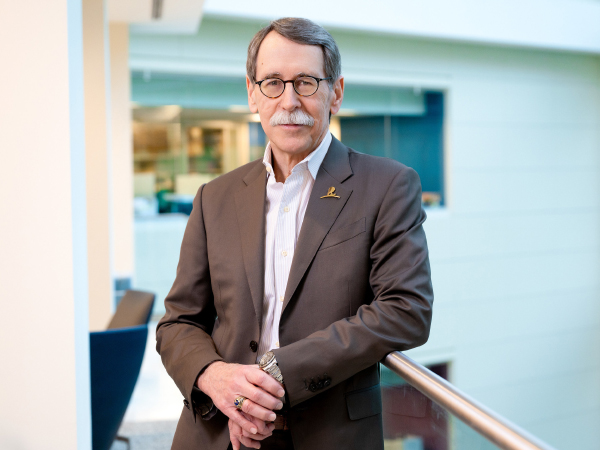Last week pediatric oncology lost another pioneer in the field, Lucius Sinks. He was 91.
I first met him when I was a fellow at Roswell Park in 1968 and had the privilege of working with him on protocol studies looking at some of the relatively new antibiotics at the time, like carbenicillin and clotrimazole.


He provided leadership and a calming influence to his pediatric providers, but, more importantly, to the parents and children coping with cancer. At that time, he was also running the fellowship training program for the institute and was an active participant in the “Acute Leukemia Group B.”
This was a time of great enthusiasm and excitement, because we were seeing dramatic improvements in outcomes for the pediatric patients while the progress in adult cancer management was less impressive.
Clinical research required good ideas and discipline in protocol cancer management to assure consistency in information collected for subsequent analysis. All involved, nurses, fellows, and attending physicians required a leader like Lucius to optimize the return on investment, because of the pressures to individualize treatments that could produce uninterpretable results.
Lucius was the type of physician that all of us would like to have should we be facing the tragedy of a cancer diagnosis for one of our own children: intelligent, compassionate, approachable, and providing the best source of optimal medical management.
Though sensitive to the discomfort caused by the required treatments to both the children and the parents, he always made himself available for their questions. He tried to help them understand that his goal was to provide long-term benefit for their children.
He recognized the need for managing the adolescent patients differently than those who were younger than 10, so he proposed a dedicated adolescent unit to meet those needs. This would have been one of the first adolescent units in the country.
In subsequent career opportunities, he provided leadership in pediatric oncology programs at Georgetown and Tufts Universities, the Cancer Centers Branch at the National Cancer Institute, and as the director of the Middlesex Hospital Cancer Center in Middletown, CT.
Lucius was the type of physician that all of us would like to have should we be facing the tragedy of a cancer diagnosis for one of our own children: intelligent, compassionate, approachable, and providing the best source of optimal medical management.











